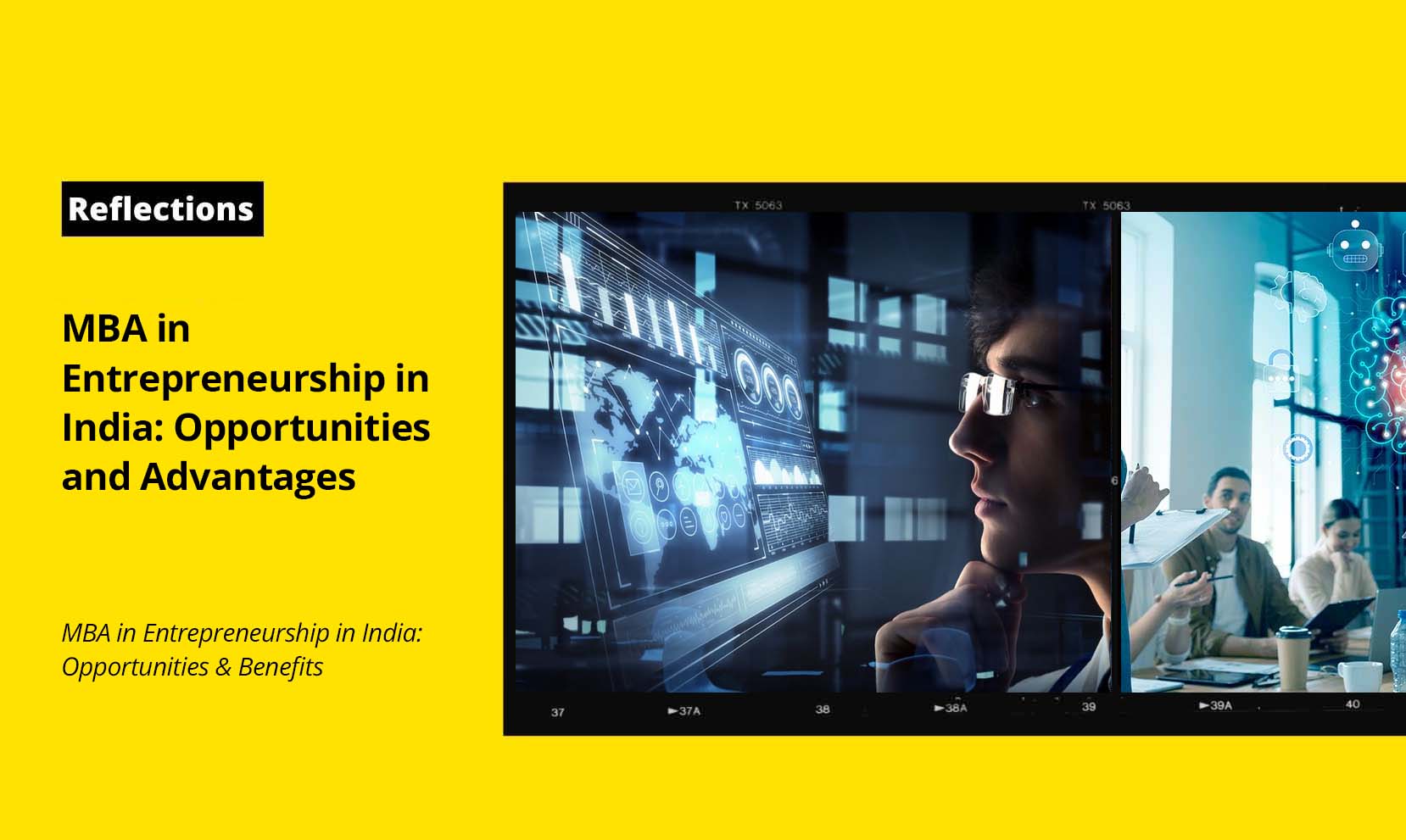5 Disruptive Digital Technologies Shaping our Future
What is Disruptive Digital Technology?
Disruptive digital technology is an innovation that disrupts and supersedes the existing technology, thereby significantly altering the pattern of the operations of industries, business enterprises, or consumer behavior with its superior attributes. This term disruptive technology was defined and popularized by Clayton M Christensen in 1997. History has witnessed the evolution of disruptive technologies from time to time. Think of how the intervention of digital imaging displaced the conventional Kodak films. Likewise, economies get disrupted by such innovations and tend to adapt and evolve in due course. The change is inevitable. Technologies keep changing, so is our way of life.
Disruptive digital technologies for tomorrow
Disruptive digital technology is transforming every industry. Microsensors, ‘smart’ gadgets, A.I., nanomaterials, and cloud computing are innovative technologies transforming the world. Let’s take a look at five disruptive digital technologies that are going to shape our future.
- Augmented reality (AR) and Virtual reality ( VR)
AR and VR are technologies that bridge the physical world and digital world. AR augments our current environment, and VR supersedes your surroundings. These technologies are popular in the gaming and entertainment industry and are expected to reach 215 billion U.S. dollars by 2021. The huge success of Pokémon Go is attributed to the successful application of AR. Potential applications of AR & VR in other verticals like healthcare, travel, education, architectural design, and sports are expected to transform the consumer experience soon.
- Blockchain
Blockchain, the backbone of the cryptocurrency like Bitcoin, is a decentralized distributed digital ledger that records transactions between two parties. These transactions are authorized with a digital signature by the user and saved in the transparent cryptographic network. This eliminates the need for manual verification. The potential implication of blockchain technology is huge in the financial sector, such as banks, and stock brokerages. Apart from digitizing money, blockchain allows us to place physical and tangible assets such as copyrights, land ownership rights, etc. for easier transferability and secure proof ownership.
- Internet of things (IoT)
IoT refers to an aggregate collection of network-enabled devices such as home security systems, “smart” appliances such as air conditioners, refrigerators, smart speakers, and wearable gadgets like a smartwatch. The IoT ecosystem enables seamless communication between people, processes, and things through low-cost computing, the cloud, data collection with minimal human intervention. With a projected global worth of 6.2 trillion USD by 2025, we can expect most industries to be impacted by IoT like the health sector with advanced diagnosis, predictive health monitoring, and treatments.
- Artificial Intelligence
Artificial Intelligence (AI) refers to the ability of machines and computers to mimic the learning-ability, decision-making, problem-solving capacity of the human mind. Amazon’s Alexa, Apple’s Siri, Microsoft’s Cortana, and various chatbots are innovations developed with AI. AI helps in learning and personalizing customer behavior and providing high-quality accurate and personalized experiences to the customer.
- 3D Printing
Although known for decades, 3D printing has become more accessible over the last few years. It has enabled creating prototypes, developing prosthetics, and in the construction sector as well. Reduction in lead-time, wastage, and pollution has given 3D printing the edge over conventional printing and manufacturing methods.
About MIT ID Innovation
Improvising and adapting to new technologies is the way to stay ahead of the race. Companies and tech giants are scouting to grow their digital DNA. As per the Gartner survey, 42% of CEOs have already begun the “digital-first” approach in business. IT-Related changes are a top business priority. Elite institutions like MIT ID Innovation provides specialized programs to upskill and transform the graduates, practitioners, and entrepreneurs with industry-ready expertise.



